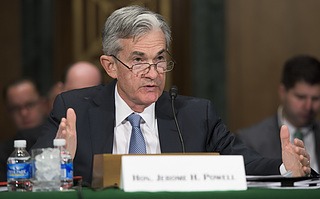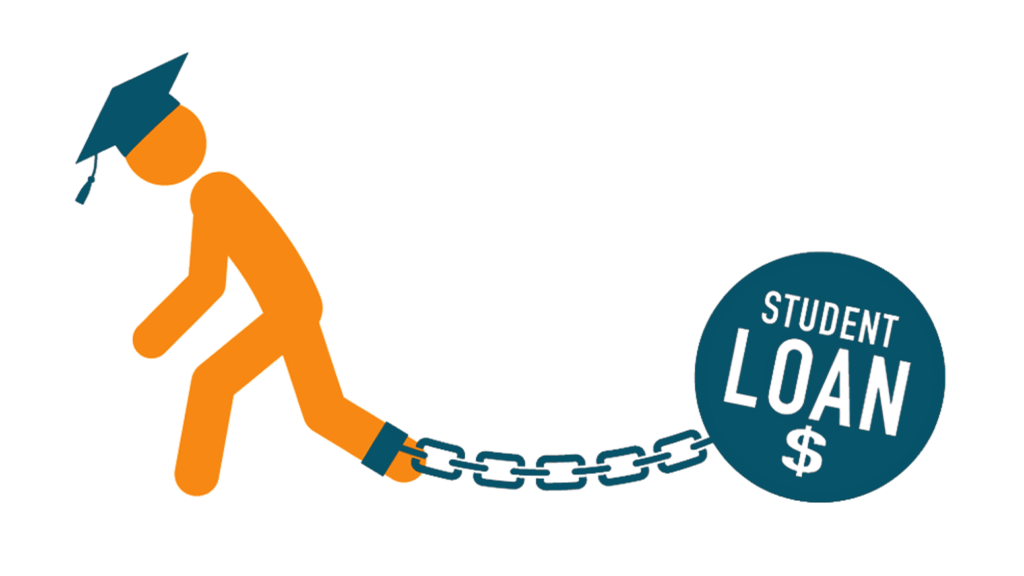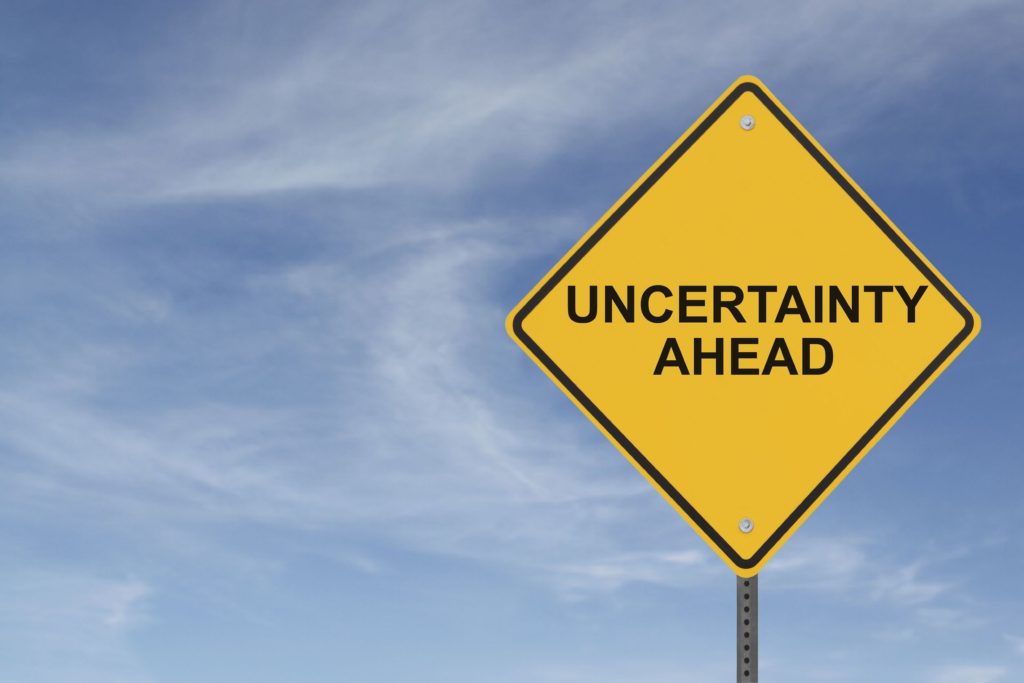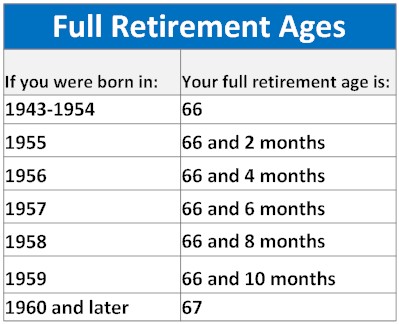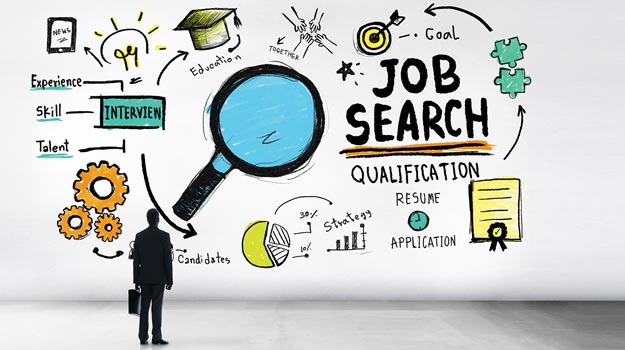Lyft is expected to complete its Initial Public Offering today. As I write this, Lyft’s investment bankers are seeing strong interest in the stock so they are raising the price, which is good for Lyft because they will net more money out of the transaction. However, there are several “issues” with Lyft and its IPO that you at least need to be aware of before buying its stock.
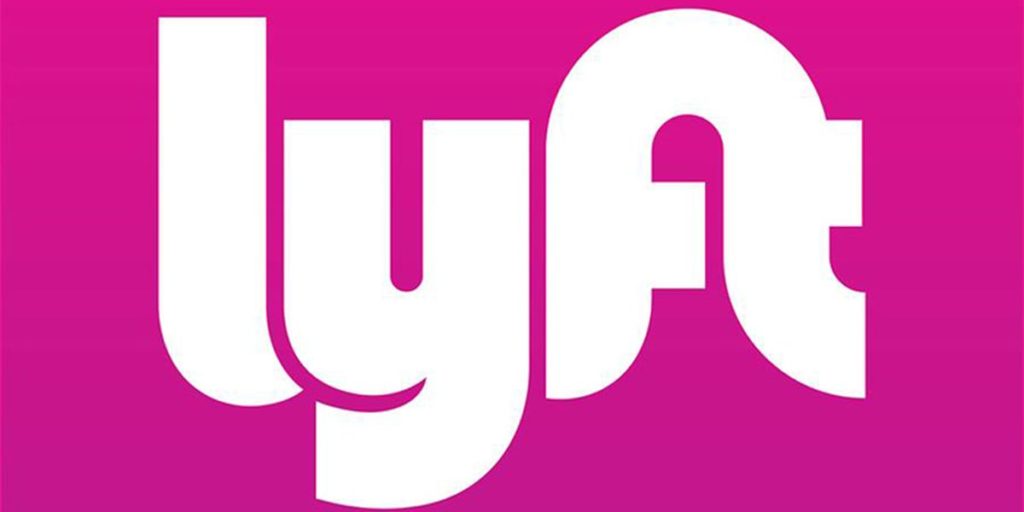
The Lyft Experience
Before I express these issues, have you ever used Lyft? They are a ride sharing service that acts like a taxi. Very similar to Uber. Download the Lyft app on your phone, open an account by linking your credit card, then tell the app where you want to go. A car shows up and it takes you to your destination. Lyft wouldn’t work without the GPS and routing system. Lyft (and Uber) is superior to a taxi because of the routing system – you don’t have to give the driver directions, which is good especially if you don’t know where you are going, other than the address. Also, no awkward cash transactions in the cab of the car – all done by credit card, including tip. Then there is a rating system – 5 stars max. You rate the driver, and the driver rates you. Although you wouldn’t think of getting a ride in someone’s car as a technological breakthrough, Lyft owes its business to cutting edge technology. Lyft (and Uber) is a godsend to some groups, including especially the following:
- Drinkers: Leave your car at home and have someone else drive you to the restaurant or bar.
- People who can’t drive: Now it is possible or at least much easier to get from place to place.
- Kids: Although there are guidelines about it, now parents can send their kids off to their lessons and practices without having to schlepp them. Good for parental productivity.
- The Outer Boroughs: In New York City, the argument in favor of Lyft is that it has always been hard to get a taxi if you aren’t in Manhattan. Now, if you are in Flushing, Queens, just tap the app and a ride appears. Likewise, in other underserved cities or outer neighborhoods, it is much easier to get a Lyft than a cab.
Beware!
Although I am a big advocate of Lyft’s service, I am not as much of an advocate for the Lyft stock IPO. Here are some issues that concern me, starting with the most concerning:
- Dual Class Offering: With the offering, Lyft will have A-class and B-class shares. The public will only be able to buy the A-class, which will have the normal 1 share 1 vote rule. Sounds good so far. However, the new B-class shares will be retained by the current Lyft ownership group and will have 20 votes for every share. That means that the B-class shareholders will (likely) retain majority voting power in Lyft. This makes it difficult if not impossible for an A-class ownership group to band together to effect a change in ownership or change in business practice. Said another way, go ahead and buy the A-class shares, but be prepared to accept current ownership’s business practices.
- No Sunset Provision: Other companies (Facebook, Snap, Google) have dual classes of stock wherein the founders maintain voting control. What’s different about Lyft is that there is no sunset provision on its dual-class stock. This means that, not only do you have to accept the current ownership’s business practices, you also have to accept the business practices of the current ownership’s heirs. This is because there is not a set date in the future when the dual class stock setup ends. Facebook and Google stocks have performed well despite the dual-class structure; Snap has suffered I believe in good part because of it. Lyft will work as a stock only if the current owners are great and execute on their business plan and keep doing so forever. That’s a difficult bet for me to make.
- Losses: In its most recent fiscal year (2018), Lyft lost $911 Million on revenue of $2.2 Billion. That’s a big loss, even if their top line revenue line grew by almost 100%. It means that Lyft isn’t even close to the scale and size they need to be in order to become profitable. It also means that the money they raise from the IPO is absolutely necessary to finance continuing operations and that they will possibly (probably?) need more money until they are at least cash flow neutral. Many companies have gone public in the past even as they lose money (see: Tesla), and some have been more successful than others in eventually turning profitable. However, it is a big risk for an investor to take. Don’t bet the farm on it.
- Low-Cost Producer: Lyft competes with Uber by being a lower cost alternative. That is a broad generalization, but mostly true. Uber is a much larger company, with many more markets. (Uber is also likely to IPO this year). It is difficult for a smaller, lower cost alternative such as Lyft to raise prices to become profitable (or at least cash flow positive) while not losing its low-cost competitive advantage.
- Driver Options: Many drivers drive for both Lyft and Uber at the same time. If you talk to them, they make more money from Uber, but they will take a Lyft ride if there is no better alternative at the time from Uber. At the same time, Uber has been in dispute with its drivers as to whether they are Employees or Contractors. Lyft needs to do something with its drivers to make it more appealing for them to take a Lyft ride over an Uber ride. That could mean making them actual employees or perhaps at least offering them health insurance. Any of these options raise the costs for Lyft, thereby making it more difficult to earn a profit.
IMO
I really like Lyft (and Uber) and I believe their presence as an option for getting from Point A to Point B has really changed the world. However, I am not so sure about the Lyft IPO deal. If you decide to play, dip your toe very lightly.

